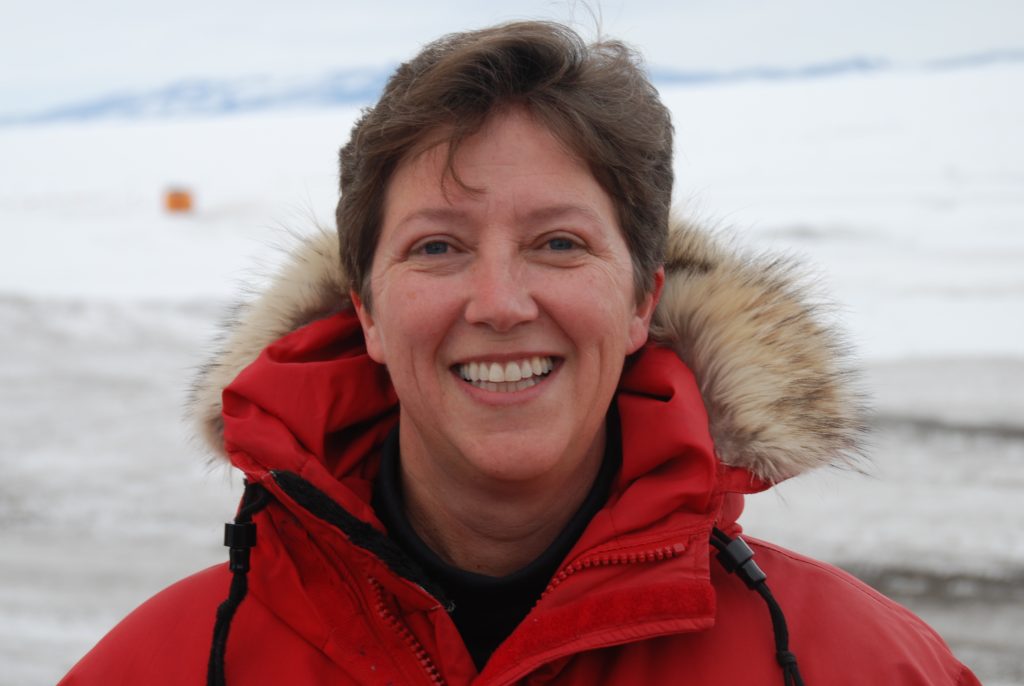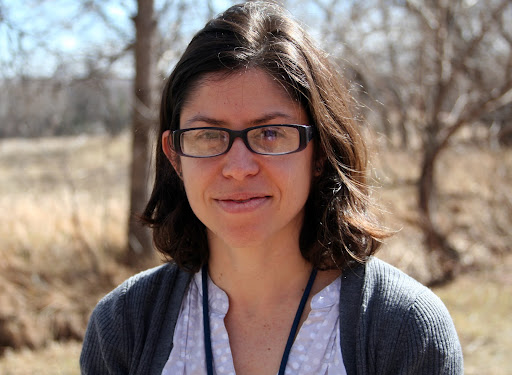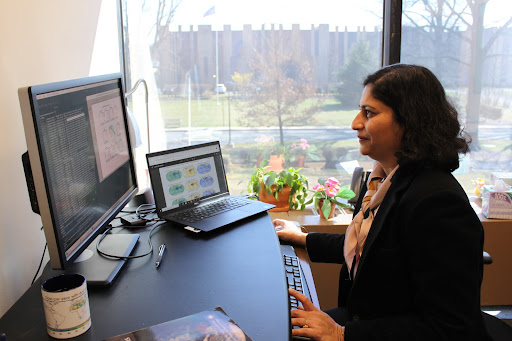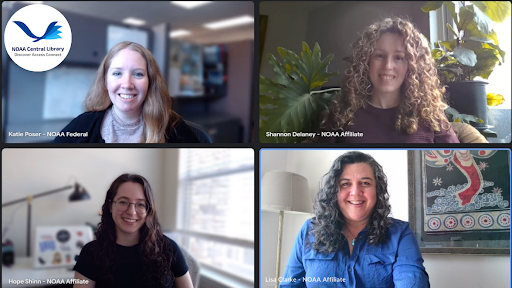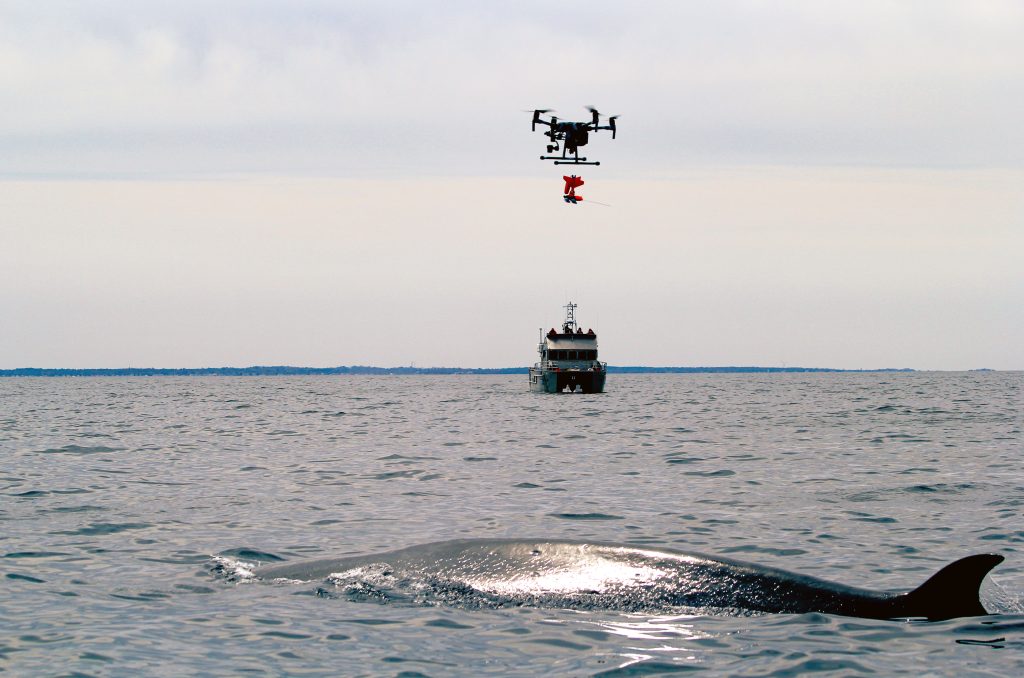Celebrating Women’s History Month 2023 with Annarita Mariotti
The article continues a series of interviews with NOAA Climate Program Office (CPO) employees and CPO-funded scientists in celebration of Women’s History Month.
Dr. Annarita Mariotti is an accomplished climate scientist with more than twenty years of research experience and numerous publications. Born in Italy, she speaks Italian, English, and French fluently and is currently learning Mandarin Chinese.
Celebrating Women’s History Month 2023 with Annarita Mariotti Read More >

